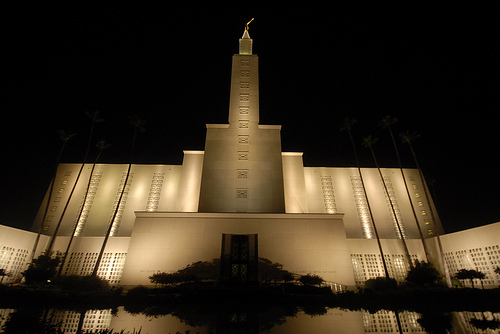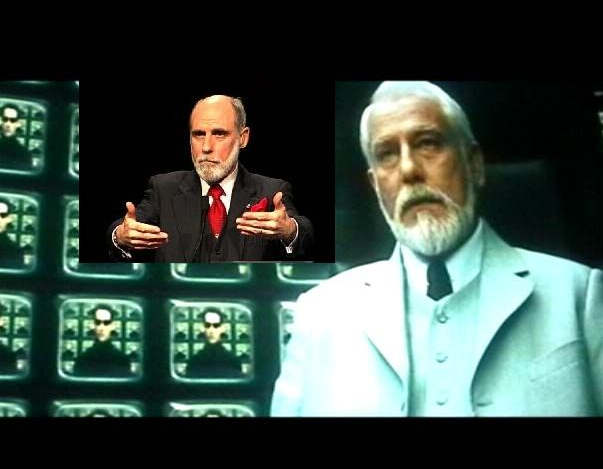 Salt Lake Tribune | Whether one accepts the historical or theological claims of the Book of Mormon, one theme in it is obvious: At their most righteous, the Nephites presented in the book were benevolent socialists; at their most depraved, they were greedy free-market capitalists.
Salt Lake Tribune | Whether one accepts the historical or theological claims of the Book of Mormon, one theme in it is obvious: At their most righteous, the Nephites presented in the book were benevolent socialists; at their most depraved, they were greedy free-market capitalists.In the zenith of Nephite culture, “the Lord called his people Zion because they were of one heart and one mind and they did have all things in common — and there were no poor among them.” Having “all things in common” suggests a society invested in public infrastructure and welfare for the whole.
Redistribution is not an anomaly in Mormon scriptures. Joseph Smith declared that “It is not given that one man should possess that which is above another, wherefore the world lieth in sin.” (Doctrine and Covenants 49:20).
For any conservative this is surely commie talk! Yet Smith persisted, “If you are not equal in earthly things ye cannot be equal in obtaining heavenly things” (D&C 78:5-6).
Early Mormon leaders advocated a United Order to redistribute wealth for the benefit of all Saints.
Though redistribution is the highest economic order in Mormon scripture, Sen. Chris Buttars vehemently denounced Alpine School District for allegedly advocating “democratic socialism.” He, Mitt Romney, Glenn Beck and others seem to believe that The Church of Jesus Christ of Latter-day Saints has a de facto 14th Article of Faith: We believe in the unquestioned virtue of unregulated capitalism.
But Mormon scripture makes such a belief indefensible. The notorious villains of Nephite civilization were the Gadianton Robbers, who perpetuated policies that exacerbated class inequality. They eventually “did obtain the sole management of the government, insomuch that they did trample under their feet and smite and rend and turn their backs upon the poor and the meek, and the humble followers of God” (Helaman 6:39).
Many politically powerful Latter-day Saints have also turned their back on the poor and working class in this country. The Patrick Henry Caucus, Eagle Forum and Romney are determined to eliminate the very social programs that have traditionally protected vulnerable populations. Conversely, they are equally invested in protecting the wealthy.
















